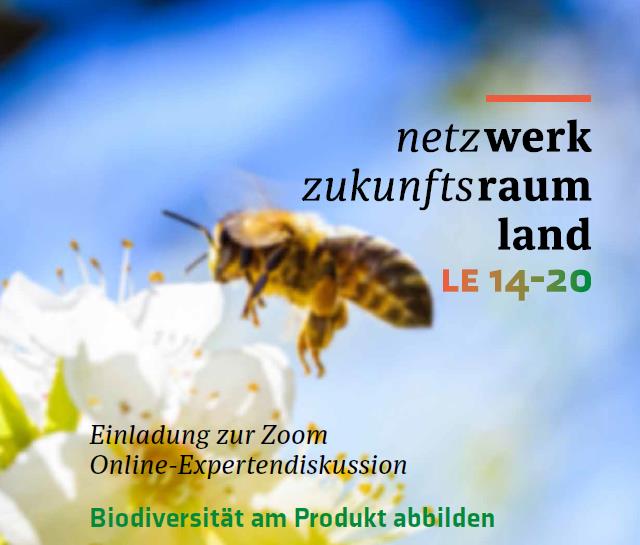The objective of the FarmLife biodiversity module for agricultural businesses was shown in combination with the existing life cycle assessment:
- How can eco-efficiency be analyzed and how are the results presented for the farm's own analysis?
- Which environmental impacts of the company that can be influenced by operational management become visible?
- And how can biodiversity be integrated as another key figure into the farm management tool FarmLife so that farmers also have this information available?
FarmLife biodiversity points system
The FarmLife biodiversity points system was set up in analogy to the Swiss biodiversity points system ( www.agri-biodiv.ch ). This was developed jointly by the Swiss Bird Observatory , IP-SUISSE and FiBL and has been in implementation on farms and in accompanying evaluation for more than 10 years (literature: Jenny et al. 2009, 2015, Birrer et al. 2014, Zellweger -Fischer et al. 2016, Graf et al. 2016, Meichtry-Stier et al.
From the diverse aspects of agricultural management, the following aspects in particular are taken into account for the FarmLife biodiversity score:
- Areas – different uses, parceling
- Operation – rare plants and animals, N efficiency, farm, etc.
- Management of grassland, fields, vegetables, fruit and vineyards
- Type and intensity of use
- Structural/landscape elements
- Concrete measures
- Certain indicator plants
In general, the event organized by the netz werk Zukunftsraum land was about discussing various approaches and experiences with biodiversity assessment in agriculture in a group of experts.
There are already various approaches to assessing and presenting the biodiversity effects of products. Therefore, the different methods for determining the biodiversity footprint of products should be discussed in the group of experts and at the same time how biodiversity services of agricultural products can be incorporated into food labeling.
The FarmLife biodiversity tool is currently in further development and is scheduled to enter the test phase on the first farms in 2022.








